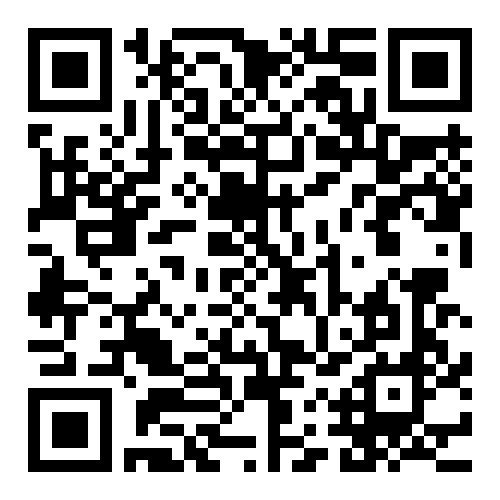What is Blood Grouping with Rh Type?
Rhesus (Rh) factor is an inherited protein found on the surface of red blood cells. If your blood has the protein, you're Rh-positive. If your blood lacks the protein, you're Rh-negative.
Rh-positive is the most common blood type. Having an Rh-negative blood type is not an illness and usually does not affect your health. However, it can affect your pregnancy. Your pregnancy needs special care if you're Rh-negative and your baby is Rh-positive (Rh incompatibility). A baby can inherit the Rh factor from either parent.
Your health care provider will recommend a blood type and Rh factor screening test during your first prenatal visit. This will identify whether your blood cells carry the Rh factor protein.
Why it's done
During pregnancy, problems can occur if you're Rh-negative and the baby you're carrying is Rh-positive. Usually, your blood doesn't mix with your baby's blood during pregnancy. However, a small amount of your baby's blood could come in contact with your blood during delivery or if you experience bleeding or abdominal trauma during pregnancy. If you're Rh-negative and your baby is Rh-positive, your body might produce proteins called Rh antibodies after exposure to the baby's red blood cells.
The antibodies produced aren't a problem during the first pregnancy. The concern is with your next pregnancy. If your next baby is Rh-positive, these Rh antibodies can cross the placenta and damage the baby's red blood cells. This could lead to life-threatening anemia, a condition in which red blood cells are destroyed faster than the baby's body can replace them. Red blood cells are needed to carry oxygen throughout the body.
If you're Rh-negative, you might need to have another blood test — an antibody screen — during your first trimester, during week 28 of pregnancy, and at delivery. The antibody screen is used to detect antibodies in Rh-positive blood. If you haven't started to produce Rh antibodies, you'll likely need an injection of a blood product called Rh immune globulin. The immune globulin prevents your body from producing Rh antibodies during your pregnancy.
If your baby is born Rh negative, no additional treatment is needed. If your baby is born Rh-positive, you'll need another injection shortly after delivery.
If you're Rh-negative and your baby might be or is Rh-positive, your health care provider might recommend an Rh immune globulin injection after situations in which your blood could come into contact with the baby's blood, including:
- Miscarriage
- Abortion
- Ectopic pregnancy — when a fertilized eggs implants somewhere outside the uterus, usually in a fallopian tube
- Removal of a molar pregnancy — a noncancerous (benign) tumor that develops in the uterus
- Amniocentesis — a prenatal test in which a sample of the fluid that surrounds and protects a baby in the uterus (amniotic fluid) is removed for testing or treatment
- Chorionic villus sampling — a prenatal test in which a sample of the wispy projections that make up most of the placenta (chorionic villi) is removed for testing
- Cordocentesis — a diagnostic prenatal test in which a sample of the baby's blood is removed from the umbilical cord for testing
- Bleeding during pregnancy
- Abdominal trauma during pregnancy
- The external manual rotation of a baby in a breech position — such as buttocks first — before labor
- Delivery
If the antibody screen shows that you're already producing antibodies, an injection of Rh immune globulin won't help. Your baby will be carefully monitored. He or she might be given a blood transfusion through the umbilical cord during the pregnancy or immediately after delivery if necessary.
Blood type tests categorize your blood according to the major human blood group (ABO) system. A person's ABO type depends upon the presence or absence of two genes — the A and B genes. These genes determine part of the configuration of the red blood cell surface. Possible ABO blood groups include O, A, B, or AB.
The Rh antigen is another compound that may or may not be present on the surface of red blood cells. The Rh test determines whether this configuration is present ("Rh-positive") or absent ("Rh-negative") on an individual's blood cells.
Rh testing is performed because the difference in Rh blood group types between an Rh-negative mother and her Rh-positive baby can lead to hemolytic disease (a severe condition in which there is the breakdown of the red blood cells) in the newborn. If an Rh-negative mother carries an Rh-positive fetus, she may develop antibodies against the Rh component of the baby's red blood cells.
These antibodies could cause hemolytic disease in an Rh-positive baby in subsequent pregnancies. Prevention of hemolytic disease of the newborn is carried out by giving Rh-negative mothers Rh0 (D) immune globulin (brand name: RhoGAM) after delivery of an Rh-positive baby. This prevents the mother's immune system from reacting to the Rh-positive blood of any subsequent fetus.

